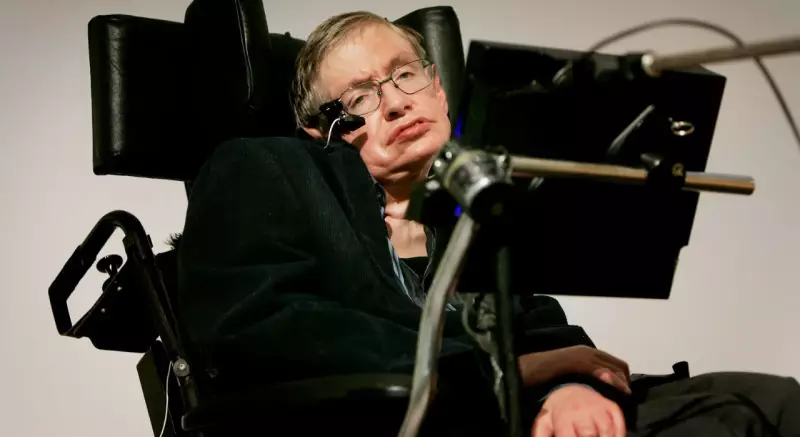
In what remains one of his most profound and controversial interviews, the legendary physicist Stephen Hawking delivered his final verdict on life's biggest questions, challenging centuries of religious belief and offering a purely scientific perspective on existence.
The Ultimate Reality: No Heavenly Paradise
Hawking, who passed away in 2018, left no room for ambiguity when discussing the afterlife. "I regard the brain as a computer which will stop working when its components fail," he stated matter-of-factly. "There is no heaven or afterlife for broken-down computers; that is a fairy story for people afraid of the dark."
Hawking's Cosmic Perspective
The brilliant mind behind "A Brief History of Time" viewed the universe through a purely physical lens. His revolutionary understanding of black holes, cosmology, and quantum mechanics led him to conclude that divine intervention played no role in creation.
"The universe is governed by the laws of science," Hawking asserted. "God may exist, but science can explain the universe without the need for a Creator."
The Final Frontier: What Happens When We Die?
Hawking's perspective on death was as logical as his approach to physics:
- Consciousness ceases completely - like a computer being switched off permanently
- No soul continues - our existence is tied entirely to our physical brain
- No rebirth or reincarnation - death marks the absolute end of individual consciousness
Why This Matters Today
Hawking's views continue to spark global debate between scientific rationalism and religious faith. His perspective challenges us to:
- Value our current existence as our only conscious experience
- Appreciate the natural wonder of the universe without supernatural explanations
- Focus on making our mark in this life rather than hoping for an afterlife
Despite battling ALS for most of his adult life, Hawking maintained that his extraordinary scientific achievements came from his remarkable human brain alone - not from any divine inspiration or special spiritual connection.
His legacy continues to inspire millions to look to science for answers about our existence, while reminding us that our time to make a difference is limited to our earthly journey.






